Description
Caprylic Acid: The Medium-Chain Fatty Acid You Should Know
Caprylic acid, also known as octanoic acid, is a saturated fatty acid that belongs to the fascinating family of medium-chain triglycerides (MCTs). Unlike long-chain fatty acids, which are more commonly found in our diets, caprylic acid boasts a unique structure that allows it to be metabolized differently, potentially offering a range of health benefits. Let’s delve into what makes caprylic acid stand out.
Understanding MCTs and Caprylic Acid’s Role
MCTs, as the name suggests, are fatty acids with a medium-length carbon chain, typically between 6 and 12 carbon atoms. This shorter chain length allows them to be absorbed and metabolized more quickly than long-chain fatty acids. They bypass the typical digestive process, moving directly from the gut to the liver, where they are rapidly converted into energy or ketones.
Caprylic acid, with its 8-carbon chain, is one of the most abundant and well-studied MCTs. It’s naturally found in sources like coconut oil, palm kernel oil, and breast milk.
Potential Health Benefits of Caprylic Acid:
While research is ongoing, caprylic acid is being investigated for its potential benefits in several areas:
- Antimicrobial Properties: One of the most well-known benefits of caprylic acid is its potent antimicrobial activity. It has shown promising results in fighting a variety of bacteria, viruses, and fungi, including Candida albicans, a common yeast that can cause infections. This makes it a potential natural remedy for managing fungal overgrowth.
- Brain Health and Ketogenic Diets: Because MCTs are easily converted into ketones, caprylic acid may play a role in supporting brain health, especially in the context of ketogenic diets. Ketones can provide an alternative energy source for the brain, potentially benefiting individuals with neurodegenerative conditions like Alzheimer’s disease.
- Gut Health: Caprylic acid’s antimicrobial properties can also contribute to improved gut health by helping to maintain a balanced gut microbiome. By targeting harmful bacteria and fungi, it may promote a healthier gut environment.
- Weight Management: While more research is needed, some studies suggest that MCTs, including caprylic acid, may contribute to weight management by increasing feelings of fullness and promoting fat burning. The rapid metabolism of MCTs can also lead to increased energy expenditure.
- Anti-inflammatory Effects: Some research indicates that caprylic acid may possess anti-inflammatory properties, potentially contributing to overall health and well-being.
How to Incorporate Caprylic Acid into Your Diet
The easiest way to add caprylic acid to your diet is through consuming foods rich in MCTs. Coconut oil is a readily available and cost-effective source. However, it’s important to note that coconut oil contains a mix of MCTs, not just caprylic acid.
Alternatively, you can find concentrated caprylic acid supplements in liquid or capsule form. These can provide a more targeted dose of the fatty acid.
Important Considerations:
- Dosage: Start with a small dose of caprylic acid, especially if you’re new to MCTs. A sudden increase in MCT intake can sometimes cause digestive upset, such as diarrhea or stomach cramps. Gradually increase the dosage as your body adjusts.
- Quality: Choose reputable brands that offer high-quality caprylic acid supplements. Look for products that are tested for purity and potency.
- Consult with Your Doctor: If you have any underlying health conditions or are taking medications, it’s essential to consult with your doctor before adding caprylic acid to your diet. This is particularly important if you have liver or gallbladder issues.
- Not a Magic Bullet: While caprylic acid shows promise, it’s important to remember that it’s not a magic bullet for any health condition. It’s best used as part of a comprehensive healthy lifestyle that includes a balanced diet, regular exercise, and stress management.
The Future of Caprylic Acid Research:
Caprylic acid is a fascinating fatty acid with a growing body of research supporting its potential health benefits. As scientists continue to explore its properties and mechanisms of action, we can expect to learn even more about its role in promoting well-being. While more studies are needed to confirm its efficacy in various applications, caprylic acid holds great promise as a natural ingredient for supporting overall health.


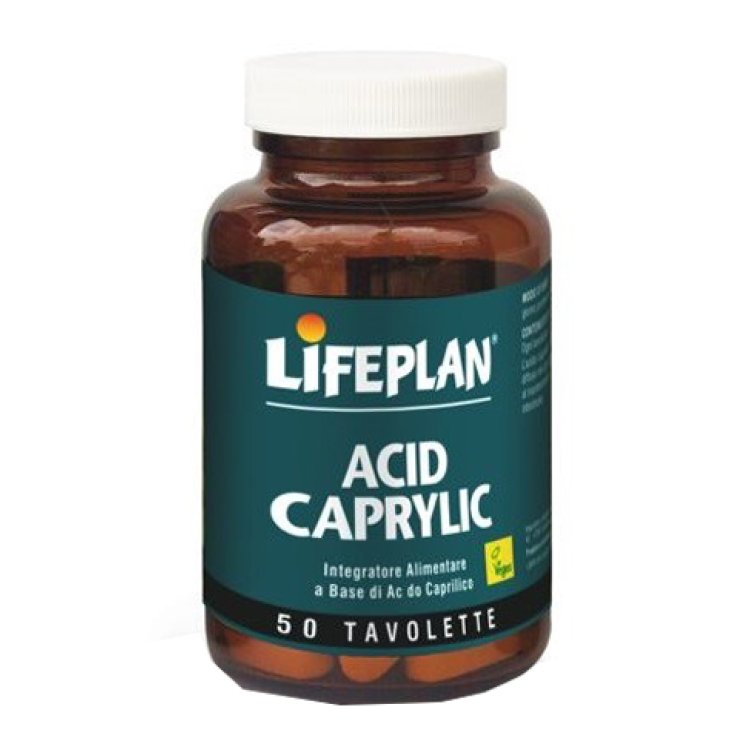

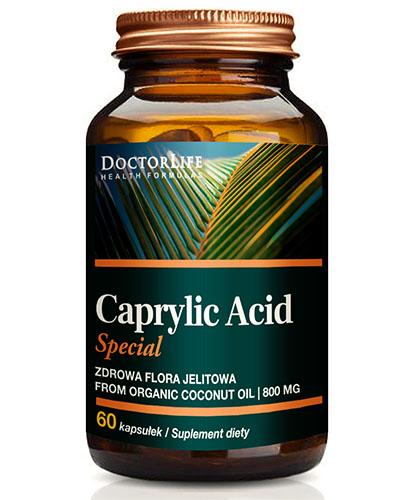

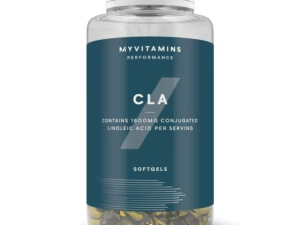
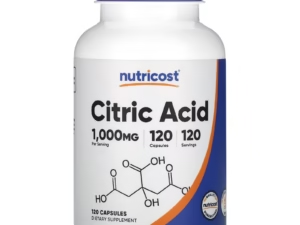
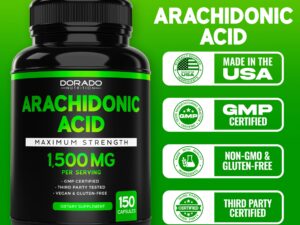
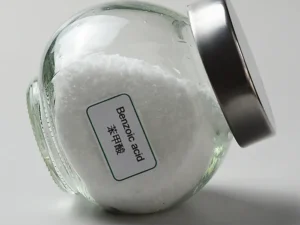
Reviews
There are no reviews yet.